Pauwels people
Working as a Senior PMO – Siphiwe Ngobeni
In our series ‘Pauwels people’, our colleagues introduce themselves and talk about how they experience working at Pauwels Consulting and with our clients. Today, we are going to get acquainted with Siphiwe Ngobeni, Senior PMO at GSK.
Can you introduce yourself?
Hi, I’m Siphiwe, I was born and raised between Phalaborwa and Johannesburg, South Africa where I studied Information Technology at the University of Johannesburg. I have always been passionate about travelling and exploring different cultures, that’s how I ended up in Belgium.
How did you start your career?
My career started in a Small Mining town in the north of South Africa. I worked for an international mining company in the IT department as a support Specialist. I gradually made my way up the corporate ladder and more by ambition and drive to learn more, I had the opportunity to work with the project management department, and that’s where I found my passion. Over the past ten years, I managed several IT implementations of global infrastructure & application projects. I then later joined another mining company as a PMO Lead and my responsibilities were to establish an IT PMO and roll-out globally. This role gave me exposure to the most critical skills and knowledge about the Project Management industry.

In order to validate my MBA qualification, I had to do an internship, which brought me to Belgium, working at GSK for 6 months. After I graduated in 2018, I decided to stay in Belgium and I sent my resume to several big companies, including Pauwels Consulting. Later in the year, I received a call from Pauwels Consulting with an ideal project at GSK! So, I, of course, jumped at the opportunity.
What kind of project will you be working on?
I will be working as a PMO for the global Quality organization at GSK project and I can’t wait to start my challenge. My responsibilities will include but not be limited to, establishing a Global PMO by implementing standardized processes and governance, Implementation of the Portfolio reporting tool, and overall portfolio continuous improvement
Never lose the desire to learn something new, it adds spice to your life!
What challenges you in this type of job?
Well, in a nutshell, flexibility should become second nature when you work in the project environment.
While you’re preparing to start, I heard you did some volunteer work, could you tell us a bit more about that?
Yes, whilst waiting to start at GSK, I had the opportunity to follow online training of the programs aligned with my personal and career development, as well as volunteer at a charity organization of choice. Volunteering is a unique experience and the fact that I got the opportunity to do so at Pauwels Consulting, makes me feel like I’m really in the right place. The charity I chose is called ‘We serve the city’ and I already volunteered there a couple of times. It’s an organization in Brussels with a team of international volunteers who amongst other projects serve breakfast to refugees in Brussels – Maximiliaan park from 6:30 am to 8 am.
Is voluntary work something you do often?
Yes, it’s something I was brought up with and comes naturally to me. My mother founded a shelter for orphans, and she was also involved in several charity projects. For instance, collecting food from the supermarkets and delivering to the needy. Growing up in this kind of environment stimulated me to volunteer and help when and where I can. In fact, for me, it’s not volunteering, it’s a way of life.
Having been all over the world, do you have some advice for colleagues wanting to travel & work as you?
Travelling through Africa, Europe and North America certainly broadened my outlook and attitude to life. Travelling awarded me the opportunity to learn about different cultures, meet new people and most importantly, it expanded my pallet when it comes to food. When you do travel, take the time to really be in the moment, appreciate and be interested in everything different. You are never too young or old to learn!
Being a proudly South African, I, of course, will end this talk with a fantastic quote by Nelson Mandela: “A good head and good heart are always a formidable combination. But when you add to that a literate tongue or pen, then you have something very special.” – indeed, never lose the desire to learn something new – it adds spice to your life!

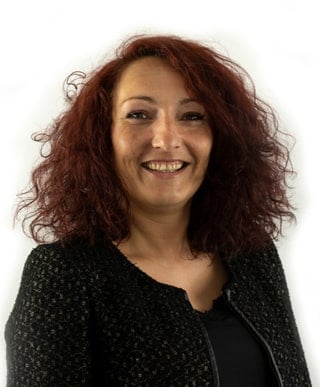
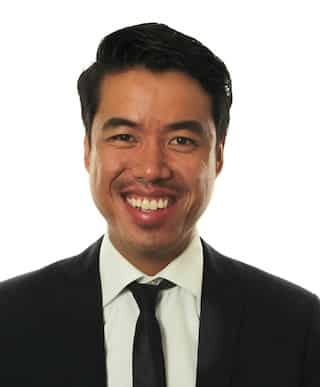
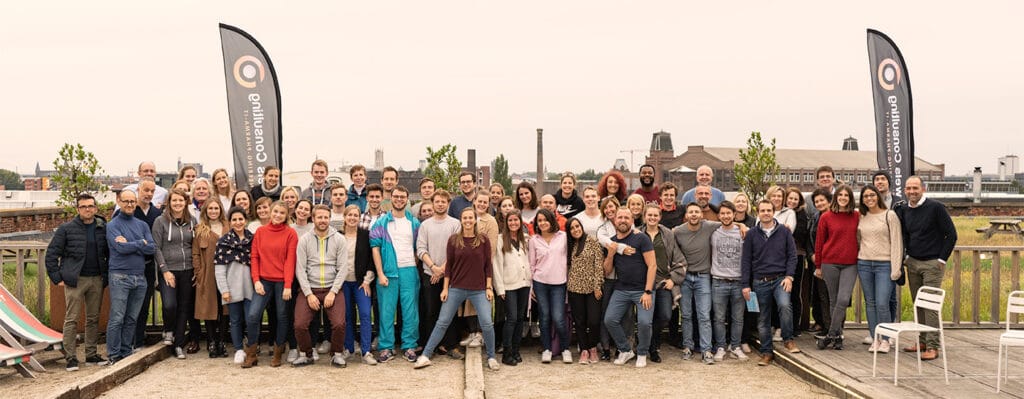
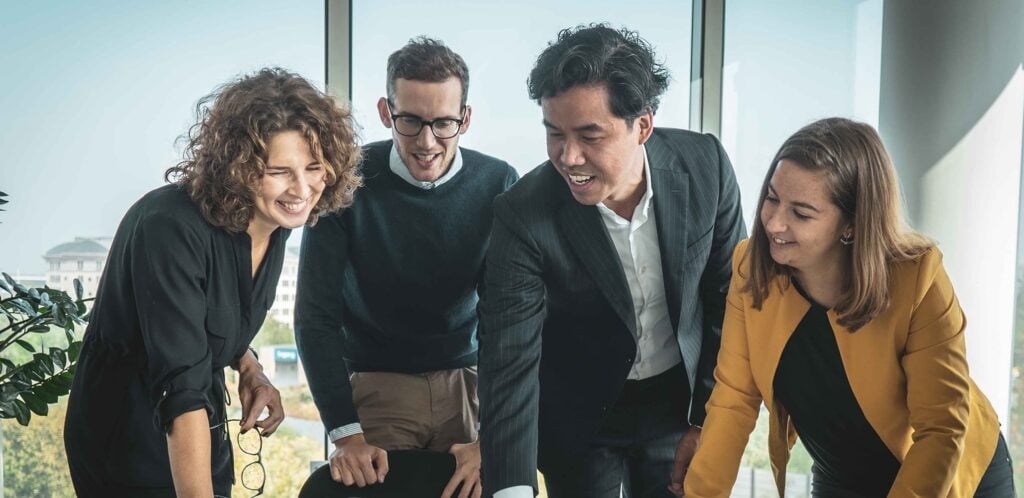
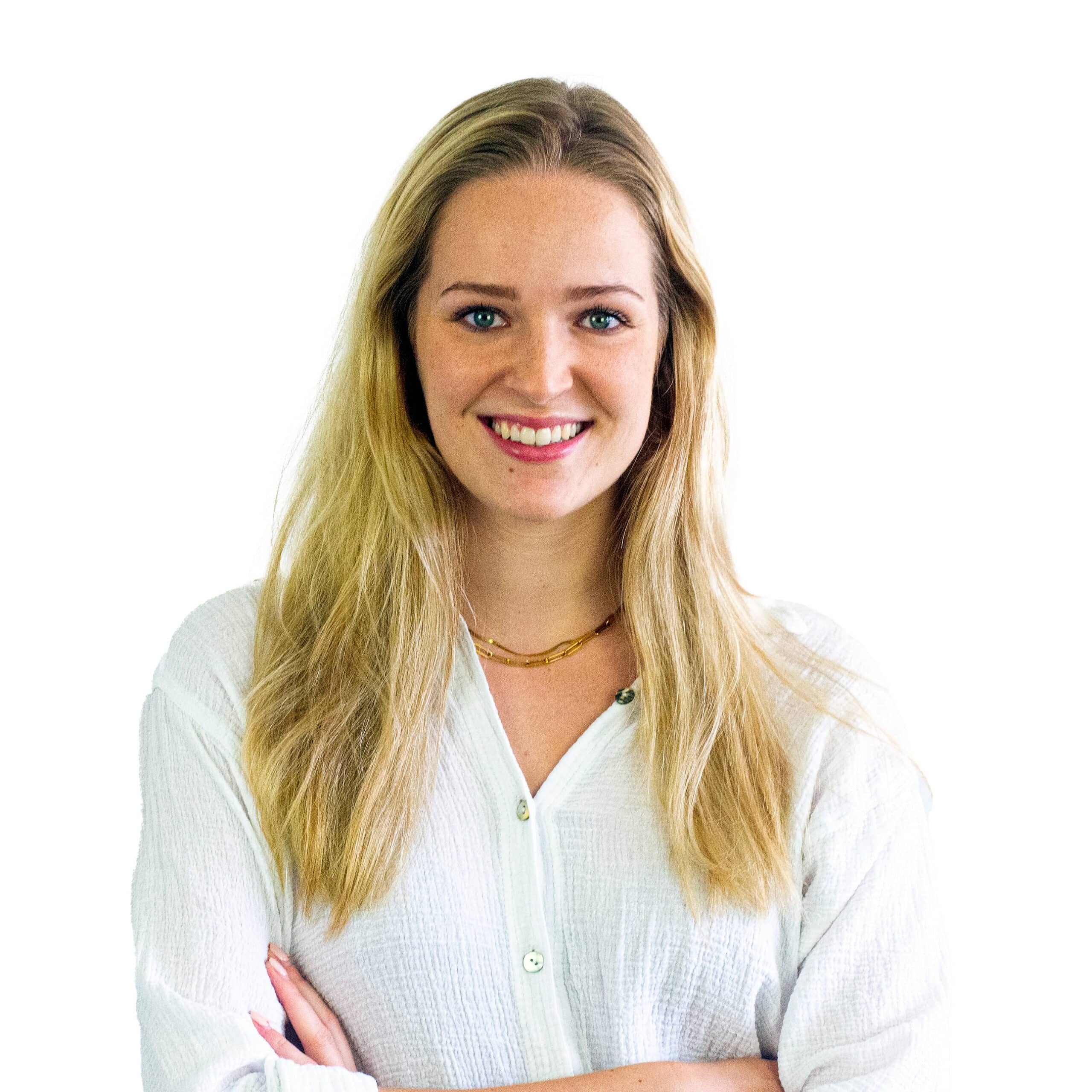
 How did you end up at Pauwels Consulting?
How did you end up at Pauwels Consulting? Can you sum up your experiences over the first few months?
Can you sum up your experiences over the first few months?
